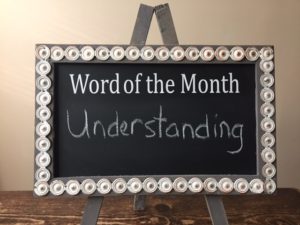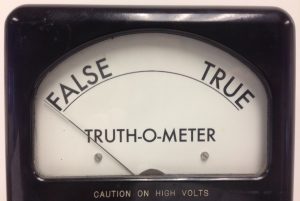“And with all thy getting get understanding” (Proverbs 4:7)
I have tried to ask questions with a sincere intent to understand other people’s perspective and reasoning on issues. I have generally been disappointed by the answers I have received, especially from liberals. In response, I have received slogans, sound bites, quotes, memes, twitter hashtags, or given a link to some article by a leftist “expert” or commentator. But I rarely receive any real explanation of that person’s own understanding of a position and the reasoning behind their personal beliefs. I have also not seen much in the way of attempting to understand an opposing position – particularly ones that I have voiced. I have received condescending comments that imply that I don’t understand the facts, that I have been misled or have been listening to false ideas, but no indication that those commenting have even read or listened to arguments from the other side with anything resembling an open mind. I am sure that this happens from both sides, but I have noticed a more “haughty” attitude from liberals and a tendency for them to point out that the religious accept what they are told without question, though they seem to be doing the same thing in echoing standard liberal positions without explanation. The questioning I have received when I have voiced an opinion has felt like an attempt to tear down my beliefs or imply that I am stupid or uninformed, rather than any desire to gain an understanding of how I arrived to my conclusions.


